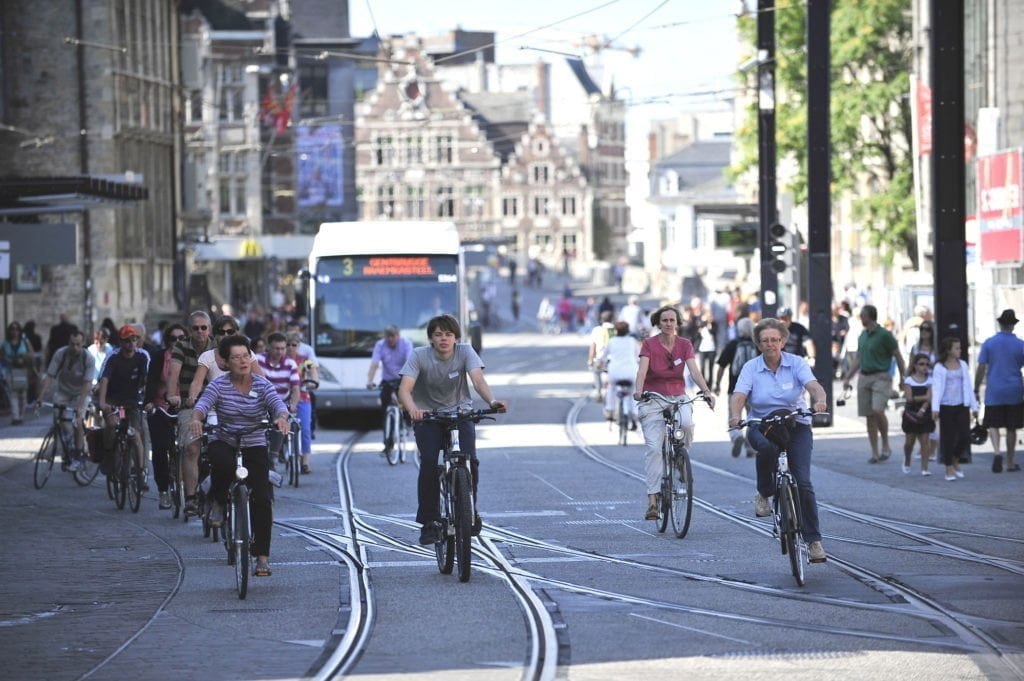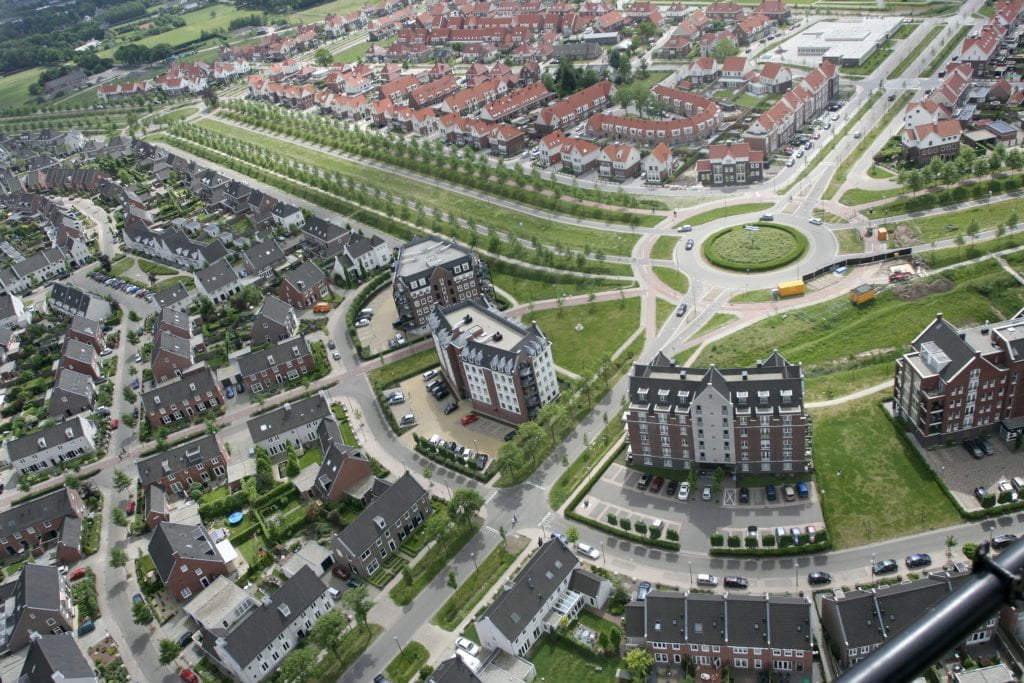POLIS members attend NAPCORE Workshop on driver information services
More than 150 participants from the public and private sector, including over 15 POLIS members, took part in the 1 February NAPCORE Workshop about in-vehicle routing/navigation services.
The Workshop was set up to allow road authorities to share their views about routing/navigation services, notably problems arising from these services, and measures to resolve or at least mitigate these problems. The background to the Workshop is the revised Real-Time Traffic Information (RTTI) delegated regulation (DR) requiring, on the one hand, road authorities to make road and traffic data available, and, on the other hand, in-vehicle service providers to integrate/translate certain data into the information/route guidance given to the driver.
POLIS members Groningen, Helmond, Stuttgart, Ghent, and Amsterdam gave an overview of the challenges they are facing, which was complemented by the views of five national road authorities (NRAs) including POLIS member Flanders. The main problem experienced by all the urban road authorities and some of the NRAs too is rat-running/through-traffic and more generally the routing of vehicles on roads that are not designed for high traffic volumes, such as residential areas or rural roads.
In particular, the routing of HGVs was highlighted. There are many consequences of this phenomenon, not least a rise in the number of citizens’ complaints to the road authority but also more congestion on certain roads, poorer air quality, more noise, and a greater risk of collisions with other road users on local roads. As a result, many city authorities are adopting new traffic rules to prohibit or deter motorised traffic and implementing physical barriers such as bollards. However, it was noted by several city representatives that in-vehicle information services are not solely to blame. Other contributory factors include population growth and poor urban planning and design.
By way of solution, it was proposed that the routing/navigation information given to the driver must respect the road hierarchy. A concept starting to gain ground in many cities is ‘multimodal network management’, which is essentially prioritising roads according to function (traffic flow, residential, etc) and mode (motorised vehicles, cyclists, pedestrians, public transport, etc) - the POLIS Traffic Efficiency Working Group has worked on this topic several times over the last five years.
The term ‘societal routing’ was coined during the event and emerged from the Workshop as one of the primary use cases. Other use cases include road works and diversionary routes; changes to the road network (temporary or permanent) and how to communicate them in a timely manner; and speed adaptation and ADAS, specifically how to provide reliable information. The sharing of quality data in a timely fashion is a prerequisite for the implementation of all use cases.
By way of the next step, the routing/navigation service providers plan to mull over the insights gained at the workshop and the use cases. Further multi-stakeholder workshops are planned. POLIS members will also continue to work on this internally.
To access the Workshop slides, click here. The Workshop recording will become available on the NAPCORE website.






